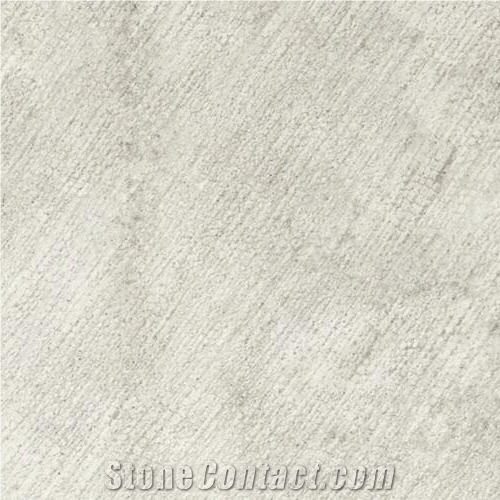Can France's Pierre de Vernon Limestone be used exterior applications in very rainy climates?
The Pierre de Vernon Limestone, also known as Vernon Stone, is a type of limestone widely used in France for exterior applications such as paving, wall cladding, and architectural details. While it is a durable and versatile material, its suitability for use in very rainy climates depends on various factors.
Limestone is a natural stone that is susceptible to water absorption. In consistently rainy climates, where the stone is constantly exposed to moisture, the limestone may absorb water and potentially suffer from erosion and deterioration over time. This can lead to discoloration, cracking, and the growth of algae or mold on the surface.
To ensure the long-term performance of the Pierre de Vernon Limestone in such climates, proper installation and maintenance practices are crucial. Here are some considerations:
1) Sealant: Applying a penetrating or impregnating sealant to the limestone can help mitigate water absorption and protect the surface. Regular reapplication of the sealant may be necessary, as it may wear off over time.
2) Installation: Proper installation techniques, including appropriate and effective drainage systems, can help prevent water pooling or runoff issues that may compromise the stones integrity.
3) Cleaning: Regular cleaning and maintenance, including the removal of algae or mold growth, can help preserve the stones appearance and prevent moisture-related issues.
4) Quality and thickness: The quality and thickness of the limestone can also impact its performance. Higher quality limestone with minimal natural fissures or weaknesses will generally fare better in rainy climates. Additionally, a thicker stone may have better resistance to moisture penetration.
5) Testing and consultation: It is always advisable to consult with professionals experienced in working with the Pierre de Vernon Limestone in your specific climate. They can provide guidance, conduct tests, and offer recommendations based on their knowledge and expertise.
In summary, while Pierre de Vernon Limestone can be used in exterior applications in rainy climates, proper installation, sealing, and maintenance are essential to ensure its long-term durability and aesthetics. Consulting with experts is recommended to determine the best course of action for your specific project.
The Pierre de Vernon Limestone, also known as Vernon Stone, is a type of limestone widely used in France for exterior applications such as paving, wall cladding, and architectural details. While it is a durable and versatile material, its suitability for use in very rainy climates depends on various factors.
Limestone is a natural stone that is susceptible to water absorption. In consistently rainy climates, where the stone is constantly exposed to moisture, the limestone may absorb water and potentially suffer from erosion and deterioration over time. This can lead to discoloration, cracking, and the growth of algae or mold on the surface.
To ensure the long-term performance of the Pierre de Vernon Limestone in such climates, proper installation and maintenance practices are crucial. Here are some considerations:
1) Sealant: Applying a penetrating or impregnating sealant to the limestone can help mitigate water absorption and protect the surface. Regular reapplication of the sealant may be necessary, as it may wear off over time.
2) Installation: Proper installation techniques, including appropriate and effective drainage systems, can help prevent water pooling or runoff issues that may compromise the stones integrity.
3) Cleaning: Regular cleaning and maintenance, including the removal of algae or mold growth, can help preserve the stones appearance and prevent moisture-related issues.
4) Quality and thickness: The quality and thickness of the limestone can also impact its performance. Higher quality limestone with minimal natural fissures or weaknesses will generally fare better in rainy climates. Additionally, a thicker stone may have better resistance to moisture penetration.
5) Testing and consultation: It is always advisable to consult with professionals experienced in working with the Pierre de Vernon Limestone in your specific climate. They can provide guidance, conduct tests, and offer recommendations based on their knowledge and expertise.
In summary, while Pierre de Vernon Limestone can be used in exterior applications in rainy climates, proper installation, sealing, and maintenance are essential to ensure its long-term durability and aesthetics. Consulting with experts is recommended to determine the best course of action for your specific project.
 France
(Vernon, Eure, Haute-Normandie region, northern France)
France
(Vernon, Eure, Haute-Normandie region, northern France)
















